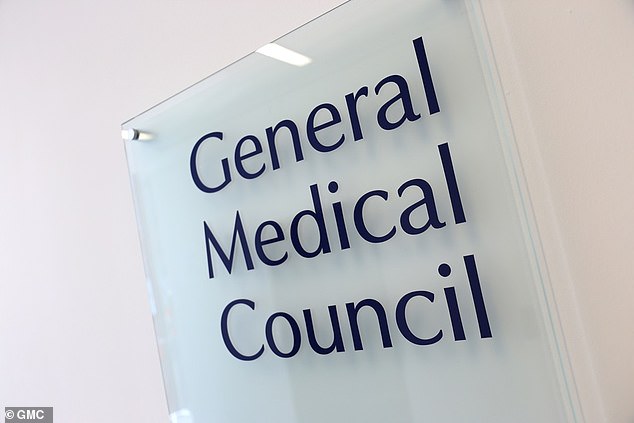The latest round of walkouts by NHS resident doctors has not only intensified frustrations across the healthcare system but also triggered a fresh political debate—one that could reshape how medical professionals are allowed to protest in the future.
Fresh Pressure on Medical Regulator to Intervene
As junior doctors wrap up a disruptive five-day strike, politicians are now turning to the General Medical Council (GMC), the UK’s medical regulator, demanding urgent action.
The call is clear: determine whether going on strike aligns with doctors’ core responsibility to protect their patients.
Conservative shadow health secretary Stuart Andrew has urged the GMC to take immediate steps.
In a formal letter, he’s asked them to review the professional guidelines that all doctors are expected to follow—known as Good Medical Practice.
These guidelines emphasize patient care as a top priority.
Andrew believes that striking directly contradicts this principle.
Push for Strikes to Be Deemed Incompatible with Medical Standards
According to the Conservatives, the GMC should consider revising its code of conduct to make strike action incompatible with medical ethics.
Stuart Andrew warned that further delay could expose patients to even more disruptions over the next four years.
He argued that while banning strikes would ultimately require new legislation—particularly changes to the Trade Union and Labour Relations (Consolidation) Act 1992—the GMC could act now by adjusting its standards.
This, he believes, would offer short-term protection for patients until long-term legal reforms are in place.
A Political Promise to Ban Strikes Altogether
Tory leader Kemi Badenoch has gone even further.
She has promised that if the Conservatives return to power, they’ll introduce new laws to stop NHS staff—especially doctors—from engaging in widespread strikes altogether.
These rules would mirror restrictions already in place for the police and military personnel.
The plan includes reinstating minimum service level agreements within the NHS.
These had been introduced by the previous government but later scrapped by Labour.
GMC Defends Doctors’ Right to Strike—Within Limits
Responding to the mounting pressure, a spokesperson for the GMC reminded the public that doctors are still legally allowed to take part in strikes—as long as the action is lawful.
During such periods, the responsibility to maintain patient care primarily lies with the hospitals and health employers.
That said, the GMC expects doctors who do choose to strike to uphold the core principles of Good Medical Practice, including collaborating with teams and staying within the limits of their training to avoid compromising safety.
Labour and BMA Ready to Talk—But Disagreements Remain
Meanwhile, both the Labour Government and the British Medical Association (BMA)—the union representing resident doctors—have expressed a willingness to continue negotiations.
Health Secretary Wes Streeting has kept the door open, saying he’s prepared to resume talks, even though there’s no extra money available for pay raises this year.
Streeting acknowledged that the recent industrial action caused some disruptions but credited NHS staff with helping minimize the impact.
He also noted that waiting lists had fallen to their lowest in two years, and he’s keen not to lose that momentum.
BMA Fires Back, Calling Tory Plan a “Desperate Move”
The BMA hasn’t taken kindly to the idea of banning strikes.
Dr. Tom Dolphin, chair of the BMA council, dismissed it as a reactionary move by a government that, in his words, “spent nearly 15 years failing the NHS.”
Dr. Dolphin emphasized that doctors aren’t looking for a fight—they’re calling attention to a collapsing system.
He said strikes are always a last resort, and taking away the right to strike would be like “silencing the canary in a coal mine.”
His message was clear: the problem isn’t that doctors are protesting; it’s that they’re being ignored.
Emergency Coverage During Strikes Already in Place
Dr. Dolphin also highlighted that the BMA and NHS England have a safety net in place.
Through an agreement called “derogations,” hospitals can request striking doctors return to work during critical emergencies or mass casualty events.
He stressed, however, that this setup isn’t designed to cover routine, non-urgent procedures.
What’s Next for the NHS, the BMA, and the Government?
As this standoff continues, the future remains uncertain.
The government maintains it cannot afford additional pay increases this year, though it’s open to other improvements such as training opportunities and career development for resident doctors.
Streeting concluded by acknowledging the hardships doctors have faced over the past decade and expressed hope for a collaborative way forward.
However, he also made it clear that solutions won’t come from just one side.
